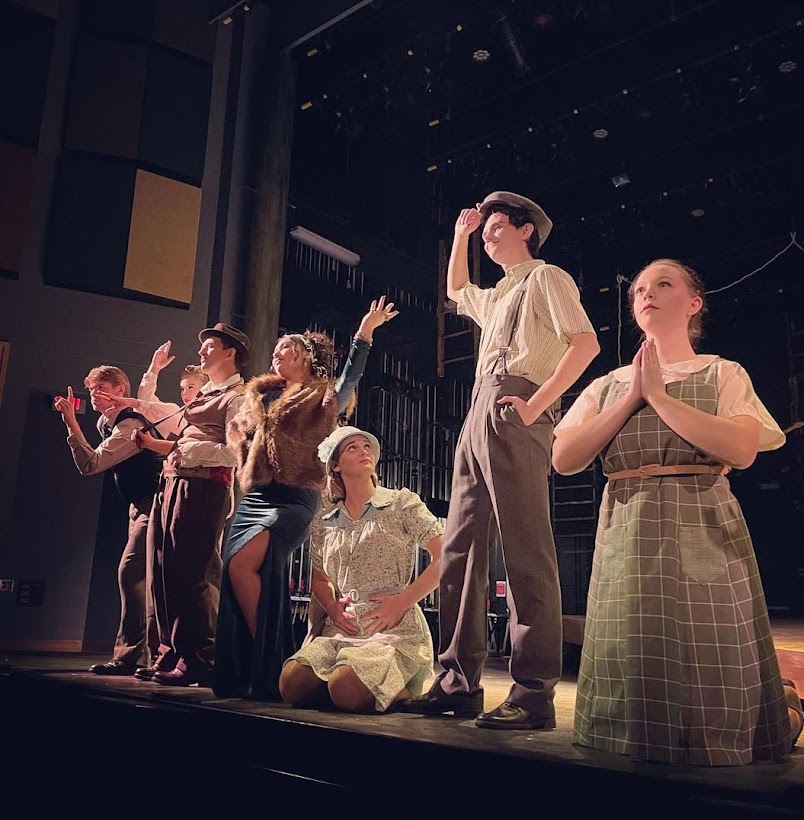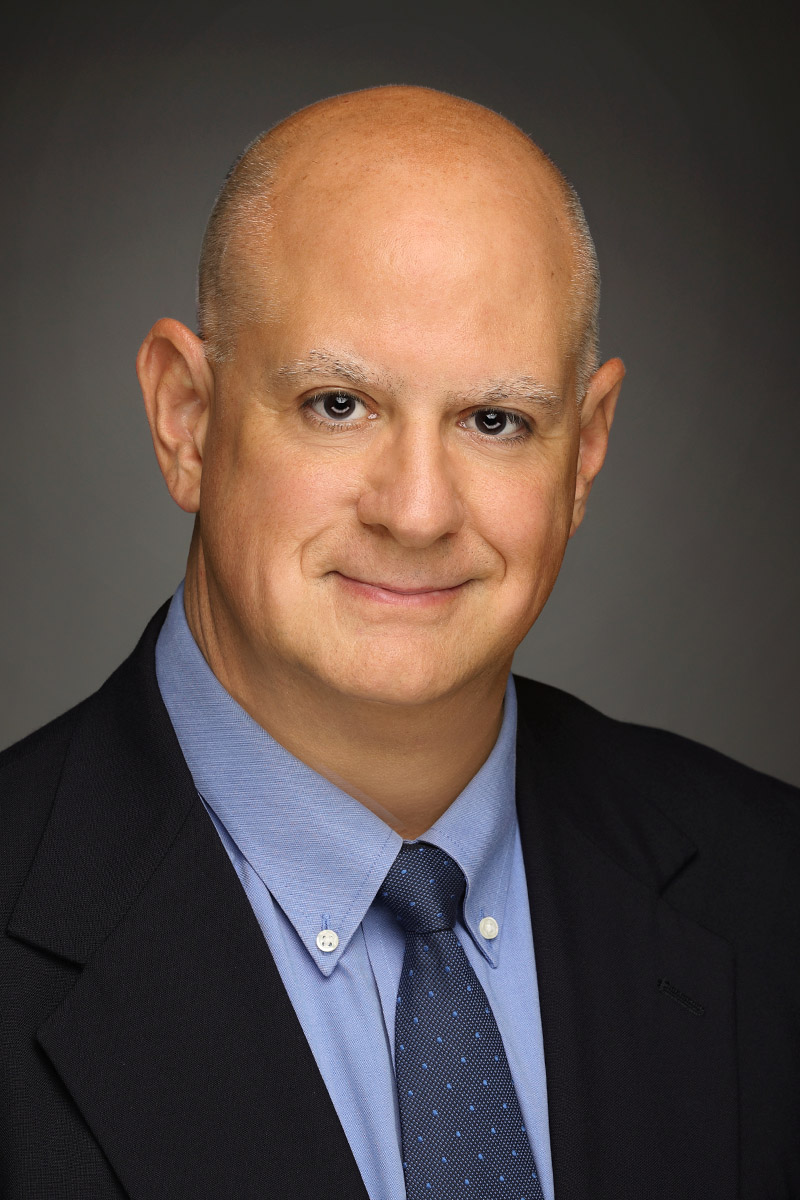Measure for Measure a Conservatory production
December 7, 2022
Nov. 18, marked the opening of William Shakespeare’s “Measure for Measure” produced by Viterbo’s Conservatory for the Performing Arts. Lauren Bergquist is the assistant director of the play and is the lead director for the understudy company for the show. The understudies performed a preview before the actual show, which Bergquist called “a crash course of ‘Measure for Measure.’”
Even though Shakespeare’s plays are in English they were written at a time when the language was spoken differently. Bergquist says, “A common misconception about Shakespeare is that it is hard to understand. Which can be the case when looking at it on paper. Verse text can be intimidating, thinking of the classic ‘to be or not to be’ type of speech. The language is really just what we speak like on a daily basis, but in a more eloquent manner.” Bergquist also notes that “Audiences will be helped along by the brilliant student actors. They’ve put in a lot of hard work.”
The play itself is described as one of Shakespeare’s “problem plays,” which according to Britannica is a “type of drama that developed to deal with controversial social issues in a realistic manner, to expose social ills, and to stimulate thought and discussion on the part of the audience.” The play is designed to reflect important societal issues during Shakespeare’s time.
According to a preview from Viterbo’s Fine Arts Center’s webpage, “Shakespeare’s ‘Measure for Measure’ masterfully explores the morality of a society caught between two worlds. With an austere new head of state in place, long-ignored codes of conduct are suddenly enforced leading to pleas for mercy that are met with indecent demands for quid pro quo.” Bergquist also commented on the play, “’Measure for Measure’ has messages that are absolutely relevant today. The issue with power dynamics in the play can be applied to many aspects of our society today. Shakespeare’s texts will also remain relevant because they focus on humanity.”
Reading a play written hundreds of years ago is difficult enough but translating it into a performance is a unique challenge for the theater students. “A common misconception about theatre is that some people think it is easy. That it is as simple as looking as what is on the script. We’ve done a ton of extra analysis and work on the piece itself,” Bergquist says.
The entire process has been a learning experience for everyone involved. “This experience has helped me grow immensely. I’ve directed small things, but nothing here at Viterbo. Erin Jerozal, the director of the show, who is also an assistant professor of theatre and music, has been incredible with her vision of the show. But she also has been incredible about allowing me to have some of my vision and my goals put into the piece,” Bergquist said.
This entertainment is made possible by the work of every Conservatory member involved in production, costuming, and acting. Putting on a full production while balancing classes is no easy task. Students gain experience working on this play and it is something to add to their future resumes. It also allows them to represent a classical piece of history that even four hundred years later is still relevant.



